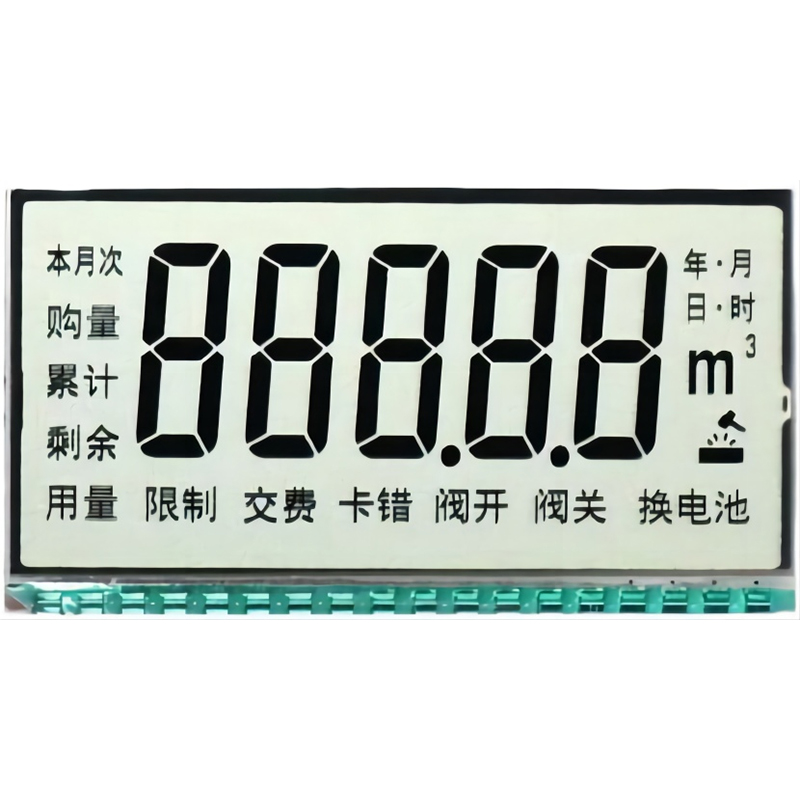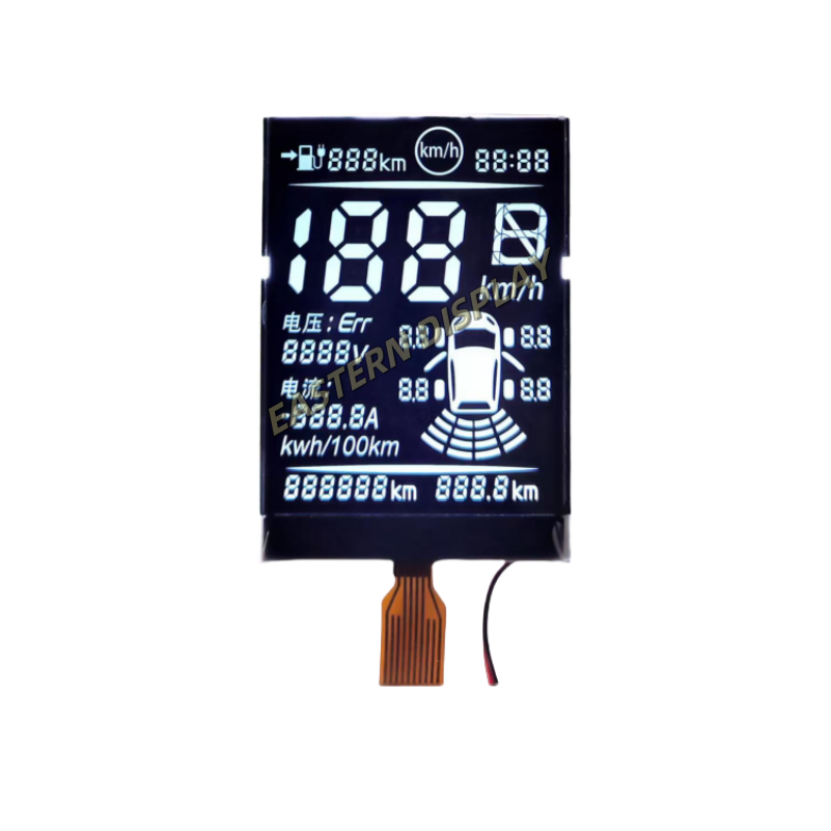
This guide provides a detailed overview of AMOLED display screen price factors, influencing elements, and considerations for buyers. We explore various screen sizes, resolutions, features, and brands to help you understand the cost variations and make an informed purchasing decision. Discover how technology, demand, and specifications affect the overall price and find tips for getting the best value for your money.
Active-Matrix Organic Light-Emitting Diode (AMOLED) displays are a type of screen technology known for their vibrant colors, deep blacks, and high contrast ratios. Unlike LCD screens, AMOLED screens individually illuminate each pixel, resulting in superior image quality and power efficiency. This technology is commonly used in smartphones, tablets, and high-end televisions.
Several factors influence the AMOLED display screen price. Resolution (e.g., 1080p, 4K), screen size (measured diagonally in inches), refresh rate (Hz), and features like HDR (High Dynamic Range) and touch sensitivity significantly impact the cost. Higher resolutions, larger screen sizes, faster refresh rates, and advanced features typically translate to a higher price.
Larger screen sizes and higher resolutions generally demand more manufacturing resources and thus, a higher price. A 6.1-inch AMOLED display will naturally cost less than a 7.5-inch display with the same resolution. Similarly, a 4K AMOLED screen will cost more than a 1080p screen of the same size due to the increased pixel density.
Different manufacturers produce AMOLED displays with varying qualities and price points. Well-established brands known for their superior quality and technology often command higher prices. Considering less-known brands might offer cost-effective alternatives, but it's crucial to research their reputation and product reliability.
Advanced features such as HDR support, higher refresh rates (e.g., 90Hz, 120Hz), and improved color accuracy can significantly influence the cost. HDR displays, for example, offer a wider color gamut and improved contrast, leading to a more immersive viewing experience but typically at a premium price. Similarly, higher refresh rates provide smoother motion, particularly beneficial for gaming, but come with a higher price tag.
Market dynamics play a role in determining AMOLED display screen price. Fluctuations in raw material costs and the overall demand for these displays can cause price variations. High demand can lead to increased prices, while lower demand might result in price reductions.
Before purchasing, thoroughly research different brands, models, and specifications to compare prices and features. Online retailers often offer competitive pricing, making it easy to compare various options.
Determine your specific needs and priorities. Do you require a high refresh rate for gaming? Is HDR support essential for your media consumption? Prioritizing features relevant to your usage can help you avoid paying extra for unnecessary specifications.
Keep an eye out for seasonal sales, promotional offers, and discounts on AMOLED displays. Retailers often run promotions, which can help you find a better deal.
Numerous online and offline retailers sell AMOLED displays. It's essential to choose a reputable seller with a solid return policy to protect your investment. You can find a wide selection from major electronics retailers and specialized display suppliers. Consider exploring options from companies like Dalian Eastern Display Co., Ltd. (https://www.ed-lcd.com/) for high-quality and cost-effective solutions.
| Feature | Impact on Price |
|---|---|
| Screen Size | Larger size = Higher price |
| Resolution | Higher resolution (e.g., 4K) = Higher price |
| Refresh Rate | Higher refresh rate (e.g., 120Hz) = Higher price |
| HDR Support | Yes = Higher price |
Remember that the AMOLED display screen price is a dynamic factor influenced by numerous considerations. Thorough research and careful planning will help you find the best AMOLED display that meets your requirements and budget.












